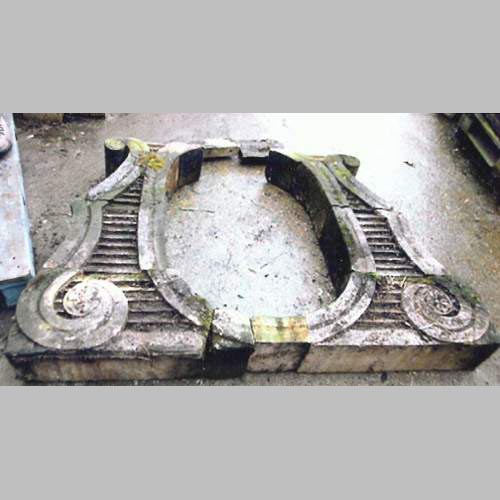Louis XIV style
скачать PDFSecond half of the 17th century – 1715.
The Sun King made France the richest and most powerful country in Europe. Under the enactment of newly established academies alongside policies favouring the arts, business and industry, the Louis XIV style shined throughout all the European courts. In 1664, Colbert created the royal manufacturing company of Crown furniture where he bought together, under the leadership of Charles Lebrun, the best painters, weavers, smelters, engravers, lapidaries, ebony and wood carpenters who all served to promote the creations and exportation of French luxury products, as well as the prestige of the Sun King and France. Thus a national style was created as a means of limiting the amount of importations.
The Versailles Palace established French classicism and contributed to the birth of a national school of art, which dominated Europe for more than a century. The Louis XIV style can be summed up in three words:
Majesty: everything was influenced by wealth, luxury and everything was grandiose and monumental. The contemporary artists of the Louis XIV style were struck by the splendors of the court, especially during the period when The Grands Apartments of Versailles Palace were furnished with solid silver, predominantly found on its mirrors, balustrades, torch lamps, seats, chandeliers and candelabras (tragically melted in 1689 to finance the Hasburg war).
Balance: the wealth of decoration was never excessive nor heavy. The style sought after symmetry and perfection. It followed the essential principles of Antique art and the conventional imperatives of Lebrun regulated the works of artists in the academies.
Originality: the artists created new decorative motifs, canons of beauty and architectural rules. The main designers such as Jean Lepautre (1617-1682) or Bérain (1638-1711) made an impact on the period with their great compositions.
Ebony, the blackened pear tree, rosewood, sycamore were often used in marquetry, splendid cabinets with elaborate secrets and mechanisms were made, as well as the famous Mazarin office desks. The commode was created around 1708 and the flat desk by André-Charles Boulle. Other important artists of this period are Auburtin Gaudron, Daniel Marot, Nicolas Sageot, Pierre Gole or Domenico Cucci (privileged worker of the King in 1651).
You can see all the Louis XIV style objects by Galerie Marc Maison by following this link.
- Photo 1: Louis XIV surrounded by his family, le Grand Dauphin, Louis, duc de Bourgogne, and Louis, duc de Bretagne and the Duchess of Ventadour, governess of the Royal Infants, formerly attributed to Largillière, 1710-1715, Wallace Collection. This painting not only presents the King and his family but also the Louis XIV style. As was required by the Etiquette, the King sits on a luxuriously covered high back chair. Behind him against the wall is a gilded and sculpted wooden console table upon which is placed a white and blue vase. Pedestals support the bronze busts of Henri IV and Louis XIII. The wall decoration includes warrior trophies as well as a grisaille rendering the Race of the Sun chariot.
- Photo 2: Siamese embassy of King Narai to Louis XIV, in Versailles in 1686, engraving of a painting by Larmessin.
- Photo 3: Engraving by the designer Jean Bérain I. Painter, aquarelle artist, appointed designer of the Chamber and the King’s cabinet in 1674, and decorator of the Royal Academy of music in 1680. He owned his great success to his reinterpretation of the Renaissance motif called grotesque, renamed arabesque. This new ornament was largely used in all domains of interior decoration.
- Photo 4: Detail of the wall tapestry Louis XIV visiting the Gobelin tapestry factory with Colbert, October 15th 1667, giving insights into the decorative arts during the reign of Louis XIV.
- Photo 5 : Salon de Vénus in the Grands Appartements du Roi in the Versailles Palace.
- Photo 6 : Desk by André-Charles Boulle kept in the Château of Chantilly.

























